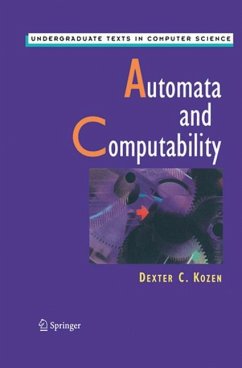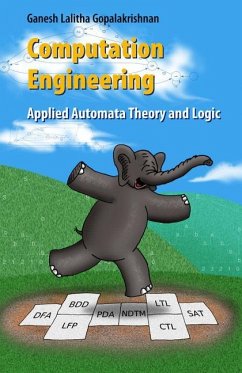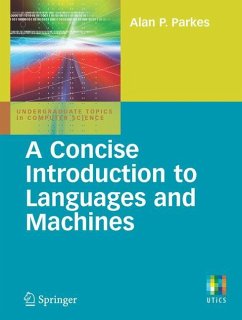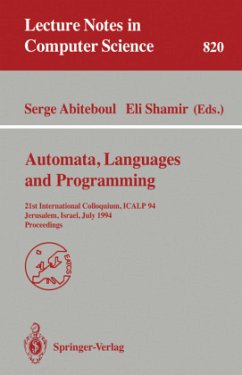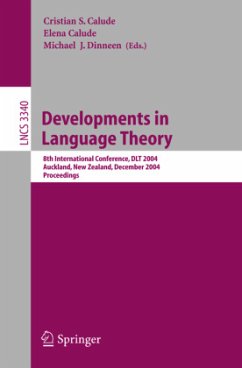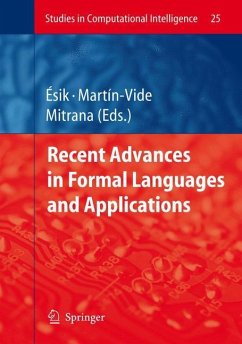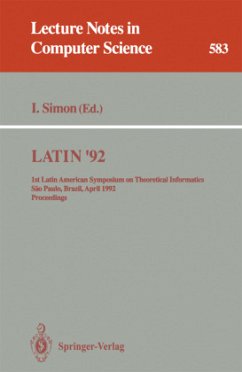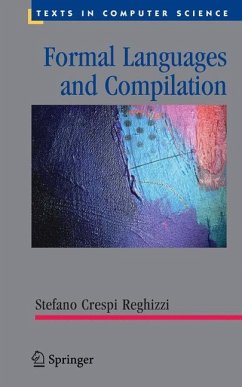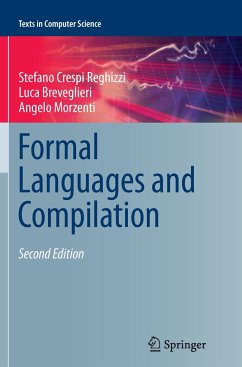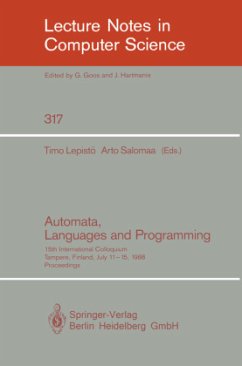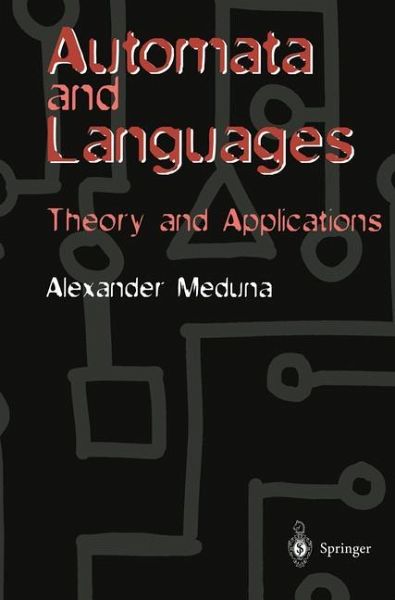
Automata and Languages
Theory and Applications

PAYBACK Punkte
38 °P sammeln!
Automata and Languages presents a step-by-step development of the theory of automata, languages and computation. Intended to be used as the basis of an introductory course to this theory at both junior and senior levels, the text is organized in such a way as to allow the design of various courses based on selected material. Areas featured in the book include:- _basic models of computation _formal languages and their properties _computability, decidability and complexity _a discussion of the modern trends in the theory of automata and formal languages _design of programming languages, includin...
Automata and Languages presents a step-by-step development of the theory of automata, languages and computation. Intended to be used as the basis of an introductory course to this theory at both junior and senior levels, the text is organized in such a way as to allow the design of various courses based on selected material. Areas featured in the book include:- _basic models of computation _formal languages and their properties _computability, decidability and complexity _a discussion of the modern trends in the theory of automata and formal languages _design of programming languages, including the development of a new programming language _compiler design, including the construction of a complete compiler Alexander Meduna uses clear definitions, easy-to-follow proofs and helpful examples to make formerly obscure concepts easy to understand. He also includes challenging exercises and programming projects to enhance the reader's comprehension, and, to put the theory firmly into a'real world' context, he presents lots of realistic illustrations and applications in practical computer science.





